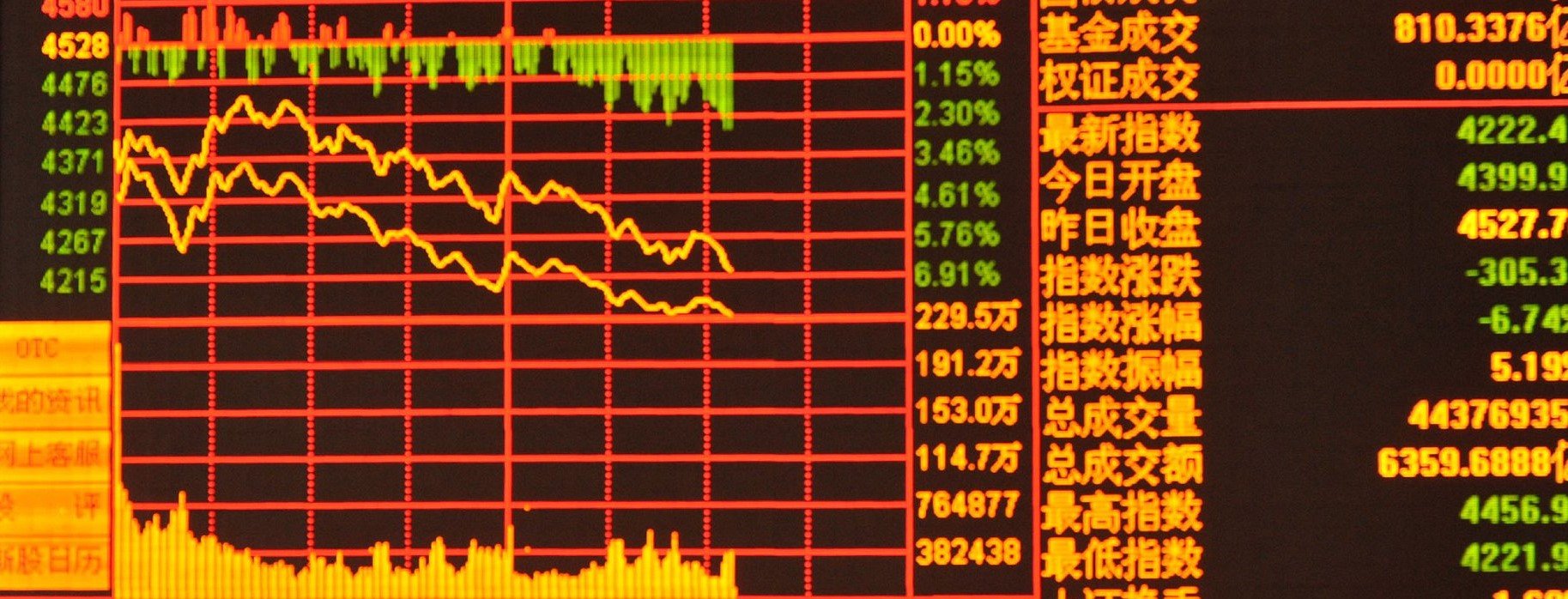

Feb
Right off the bat, it is important to point out that this article refers to simply selling assets that you currently hold as opposed to short selling. When it comes to short selling in general and short selling Chinese assets in particular, there is a separate article dedicated to just that on our website, one you can access by clicking HERE.
Suffice it to say that short selling represents a more speculative or if you will aggressive endeavor. While impressive profits can be generated via short selling when market conditions dictate it and if the trader in question knows what he is doing (a big “if”), fortunes can also be lost this way. Perhaps the fundamental differentiator here is the fact that short selling can be considered more offensive or, the other way around, that simply selling can be considered a more defensive play.
“More” is the operative word in both instances, because selling assets doesn’t have to be a purely defensive approach. It can be defensive, offensive or otherwise strategic, it all depends on the reasoning behind your decision:
- Are you selling after a good run to lock-in profits, with the decision to sell being dictated by risk/money management?
- Are you selling to protect yourself, for example at the beginning of what you believe can be a financial crisis?
- Are you selling because you consider the asset in question over-bought, with your intention being to eventually buy back at a more attractive price?
These are just three broad examples of reasons for which one might decide to sell Chinese assets or any other asset. It is quite remarkable how the idea of selling tends to have a more negative connotation than buying… nothing could be more irrational. At the end of the day, being talented at spotting worthwhile buying opportunities only represents one side of the coin, knowing when to sell is equally important because otherwise, your (potential) profits represent little more than numbers on a screen.
It is depressingly easy to think of countless examples involving traders who optimistically bought Chinese assets, watched prices skyrocket but decided against selling. Maybe because they committed the mistake of falling in love with the asset they’ve invested in, perhaps because they got greedy and decided it made sense to squeeze a bit more juice out of the asset in question, there are quite a few reasons why people ultimately decide against selling.
However, as varied as the reasons may be, it isn’t all that difficult to spot the elephant in the room in terms of common denominators: emotion.
Since we specialize in Chinese assets, we know all too well why many people decide to embrace them. A lot of times, these decisions pertain to deeply-held beliefs that have to do with China: how impressed certain investors are with China’s potential, the idea that you will miss out on career-defining gains if you sell now and lock in profits (the infamous “fear of missing out” or FOMO), perhaps political beliefs pertaining to socialism with Chinese characteristics, the list could go on and on.
Again, however, the emotional component oftentimes represents the elephant in the room.
Are you selling for rational reasons pertaining to whichever model you are following or for emotional reasons such as fear (of missing out on additional profits) or greed (selling now because, for reasons which revolve more around hope than reason, you believe you’ll be able to do better by re-buying in cheaper later on)?
That is perhaps the number one question those who have exposure to Chinese assets should be asking themselves when trying to figure out when to sell or even whether or not to sell.
What about those who are interested in gaining exposure to Chinese assets but haven’t yet done so?
Do they receive a free pass from having to worry about the selling dimension, in light of the fact that their main focus revolves around spotting buying opportunities and eventually pulling the proverbial trigger?
Most definitely not!
The right time to start thinking about when you will sell is well before you buy, don’t make the mistake of assuming that this task is something you can procrastinate until your investment does well and you start thinking about when to exit, comfortably counting your virtual profits. Not at all. If you do not buy with a clear plan in mind with respect to when and under which circumstances to sell, your strategy is incomplete at best and reckless at worst.
Does that mean you have to set a selling-oriented strategy in stone and stick with it no matter what?
Of course not, there is absolutely nothing wrong with changing your plans when or if that makes sense. It is actually recommended, the bottom line is understanding how important it is to have a selling-related plan in the first place. Not a permanent one. Not a perfect plan either, there’s no such thing. Just a plan, plain and simple, an obvious task perhaps but one so frequently overlooked that its mere inclusion puts you miles ahead of most investors.
Broadly speaking, that is pretty much it. Needless to say, the ChinaFund.com team is happy to be of assistance should you desire to pick our brains when it comes to more specific aspects. Simply visit the Consulting section of our website to find out what you can do for you or if you already have something in mind, leave us a message through the Contact section and we will reply as soon as possible. We do not believe in spoon-feeding our clients one strategy or another. Instead, we are here to guide you toward the right direction(s) in a manner which revolves around robustness as well as sustainability and are looking forward to doing just that.
